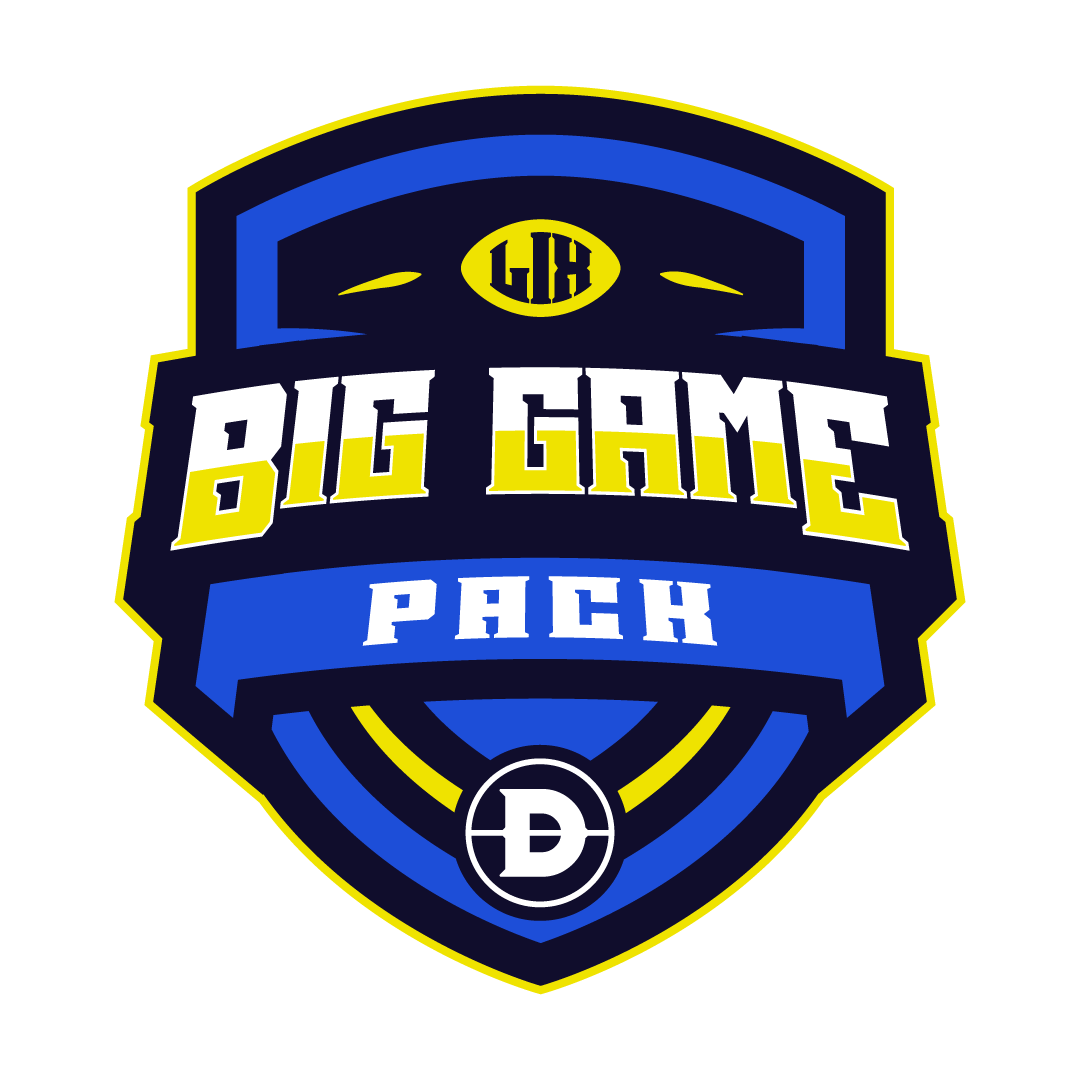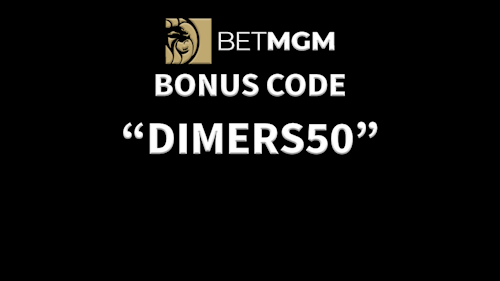- More Betting
New Super Bowl data predicts Chiefs vs. Eagles will be a disaster for Las Vegas
New data reveals Las Vegas has been asleep at the wheel with 2025 Super Bowl bettors no longer flooding to the gambling mecca.

Today’s Super Bowl 59 at Caesars Superdome would typically rank among the most profitable days of the year for Las Vegas casinos. However new data predicts that times may be changing, and the rapid rise of online sports betting could have reshaped the gambling industry in ways Vegas could never have foreseen.
With Super Bowl LIX fever in full swing, a combination of technological advancements, shifting bettor behavior, and analytics-powered platforms has revealed cracks in the foundation of Vegas’s gambling dominance.
Super Bowl 59: The beginning of the end for Las Vegas?
Ahead of today's 2025 Super Bowl between the Chiefs and the Eagles, it's fair to say the rise of online sports betting has completely transformed the gambling landscape, leaving Las Vegas struggling to maintain its once-unshakable dominance. At the same time, today’s sports bettors are smarter than ever, using advanced analytics and predictive tools to exploit favorable odds. Platforms like Dimers Pro, powered by AI and machine learning, are leveling the playing field, giving everyday bettors the edge to beat Vegas from the comfort of their homes. The result? A new era where Vegas’s grip on sports betting is rapidly slipping away.
Super Bowl bettors no longer need to travel to Sin City
Las Vegas has always been synonymous with sports betting and high-stakes gambling, but the advent of online sportsbooks has made the city’s allure far less potent. Extraordinary new data tell a stark story: $1.39 billion is expected to be wagered on the Super Bowl in 2025, with much of that action taking place on platforms like DraftKings, FanDuel, and BetMGM. This shift reflects the growing trend where bettors are spending their bankrolls online instead of funneling money into Las Vegas casinos.
In the past, placing a bet meant booking a flight to Vegas, shelling out for overpriced hotels, meals, and drinks, and fighting through crowds at sportsbooks. Today, that same bettor can skip the airfare and accommodations, leveraging their savings to boost their bankrolls on online platforms instead. A recent report showed 63% of bettors placed wagers on online sportsbooks in 2025, compared to just 52% the year prior - a clear indicator of the ongoing migration to digital betting.
This behavioral change has led to tangible consequences for Las Vegas casinos. Vital Vegas recently reported that some casino executives were left “baffled and rattled” as Super Bowl weekend revenues took a nosedive, with many casinos posting multiple losing days where expenses exceeded revenue. For a city that prides itself on excess, these losses represent an existential crisis.
The 2025 Super Bowl bettor is smarter than ever before
The traditional narrative of “the house always wins” is being challenged like never before, and it’s largely thanks to online sports betting. With endless resources at their fingertips, today’s bettors are armed with more information, better analytics, and sharper strategies than in previous generations.
A perfect case study of this phenomenon unfolded in December 2024, when Nevada sportsbooks posted a $2.1 million loss on NFL betting - their first losing December in over 12 years. Bettors capitalized on the overwhelming success of NFL favorites, which won at an astonishing 78.1% clip and covered the spread at 60.3%. These NFL trends reveal that bettors are no longer placing blind wagers; they’re exploiting favorable odds and cashing in with precision.
This newfound intelligence is fueled by the accessibility of betting data, predictive models, and real-time odds comparisons on platforms like Dimers Pro. For the average bettor, these tools have leveled the playing field, empowering them to identify value bets and optimize their strategies without the need for extensive research. In some cases, these bettors are outsmarting Las Vegas itself.
Casino execs across Las Vegas are baffled and rattled by Super Bowl weekend falling off a cliff. Some are reporting losing days (expenses exceed revenue) multiple days this week. As our fellow kids say, oof.
— Vital Vegas (@VitalVegas) February 8, 2025
AI and predictive analytics give Super Bowl bettors the edge
Perhaps the most significant disruptor to Las Vegas’s dominance is the rise of sports analytics platforms that harness predictive models and artificial intelligence, and helping Super Bowl bettors win. Sites like Dimers Pro are revolutionizing how wagers are placed, using machine learning algorithms and AI to predict Super Bowl 59 between the Chiefs and the Eagles, identify winning probabilities, and highlight the best value bets.
What does this mean for the average bettor? In short, it’s like having a professional handicapper in your pocket. Bettors no longer need to pore over game statistics or weigh variables like weather and injuries; these platforms do the heavy lifting. As a result, the odds are shifting in favor of the public, especially when combined with the ability to shop around for the best lines across multiple online sportsbooks.
Las Vegas sportsbooks, by contrast, have struggled to keep pace. While they rely on sophisticated oddsmakers, the democratization of betting data has exposed their weaknesses. With more bettors than ever armed with AI-driven insights, the days of uninformed wagers are behind us. The implications are clear: Las Vegas can no longer count on its edge over the public.
Will Super Bowl 59 be the beginning of the end for Las Vegas?
Conclusion: Las Vegas is losing its grip on sports betting
The 2025 sports betting landscape paints a bleak picture for Las Vegas. The city that once held an unshakable monopoly on gambling is now facing an existential threat from online sportsbooks, data-savvy bettors, and cutting-edge analytics platforms.
As more Americans embrace the convenience of online betting, the Vegas experience - complete with its sky-high expenses and decreasing ROI - is becoming increasingly irrelevant. If trends continue, the next generation of sports bettors won’t just outsmart the house - they’ll do it from the comfort of their own homes, leaving Las Vegas casinos to grapple with an uncertain future.




 Swipe across to view more offers
Swipe across to view more offers 








